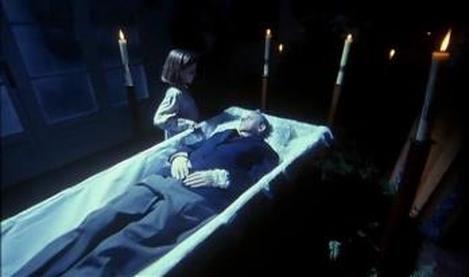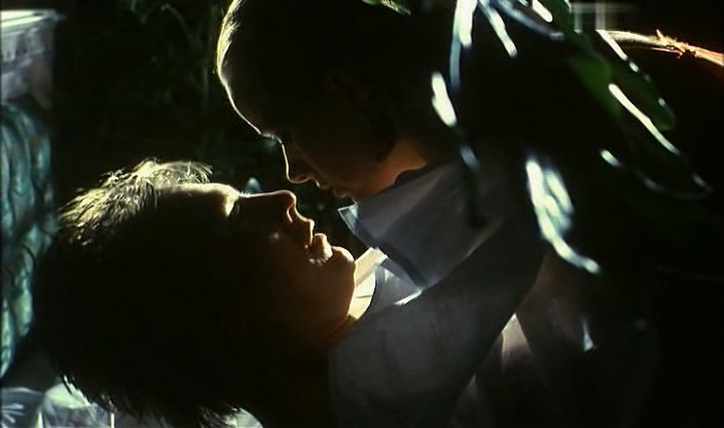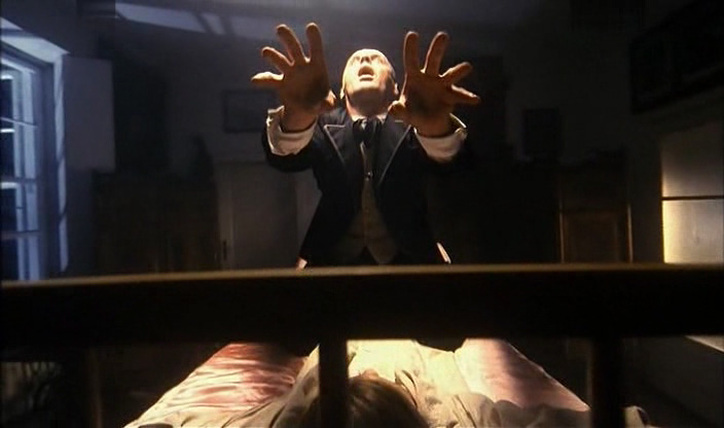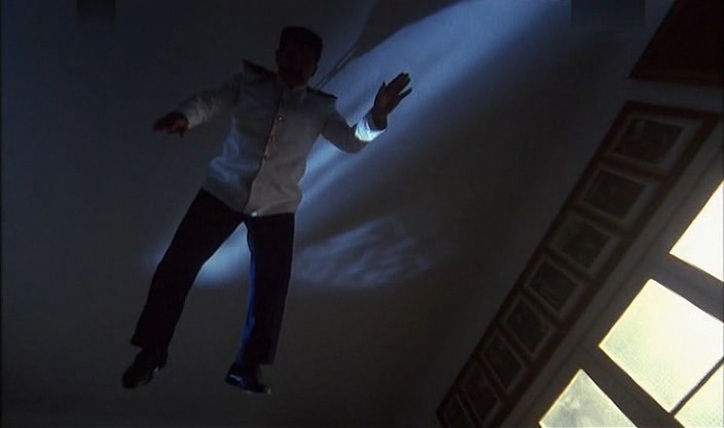 As I come to a close in my exploration of Piotr Szulkin's films, I wasn't sure what to expect with Femina. While many of his films use science fiction to express gave concerns about current times, Femina is definitely the most complex in its dissection of humanistic emotions and inner turmoil. It’s a film about Bogna, a thirty year old woman whose unhappy in her marriage and seems to be deeply scared emotionally. After her husband leaves for a long assignment with his work, Bogna learns that her mother has died and returns home for the funeral. What ensues is a voyage through Bogna’s childhood, as she reflects on the past which has lead to her present. Femina really gets into the mindset of this woman who is forced to relive her tortured past which created these insecurities and issues which haunt her to this day. Her mother is an incredibly suppressive human being which Bogna herself describes as “one large Christian commandment”. Szulkin uses a lot of extreme wide-angled imagery along with motion and handheld in these flashback sequences which really do give the entire film a very effective dream-like feel. It’s a complicated, fascinating piece and I would lying if I said that I completely grasped everything that it was trying to say. What was clear to me is how this suppressive form of thinking from an authority figure can lead one to becoming only interested in the things in which they are told are forbidden. This seems to be a major theme in the film, from the Stalin-esque figure, t the general thinking of our main character as her flashbacks progress. Aesthetically fascinating, with an amazing ending, Femina is another film by Piotr Szulkin, which reaffirms once again how he could be my favorite underappreciated filmmaker. 8.25/10
0 Comments
Leave a Reply. |
AuthorLove of all things cinema brought me here. Archives
June 2023
|



 RSS Feed
RSS Feed
